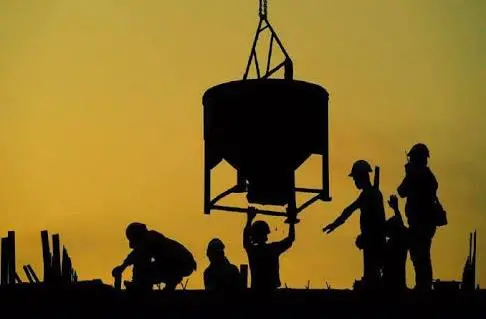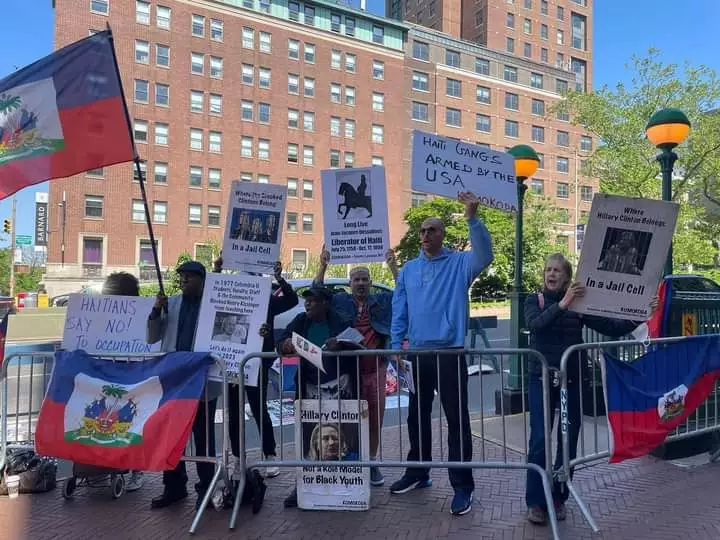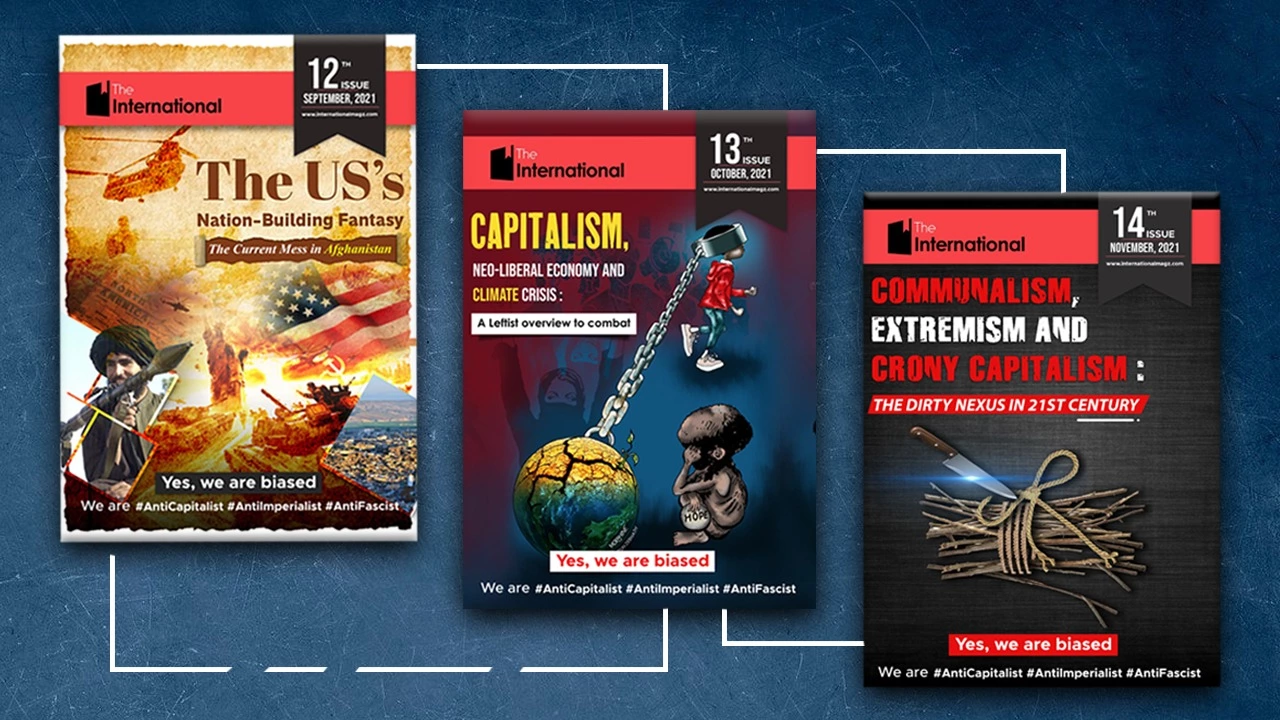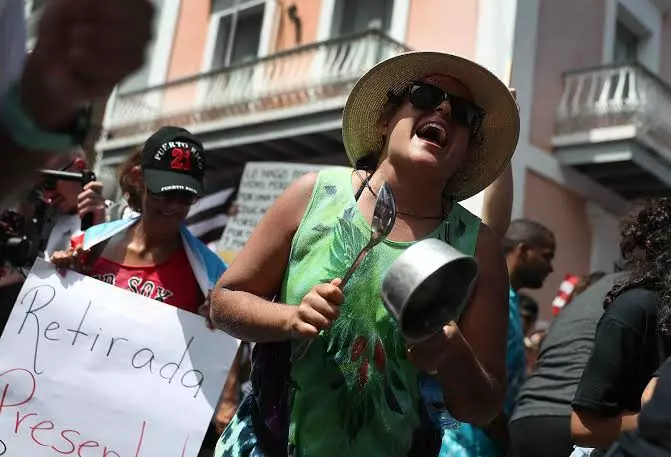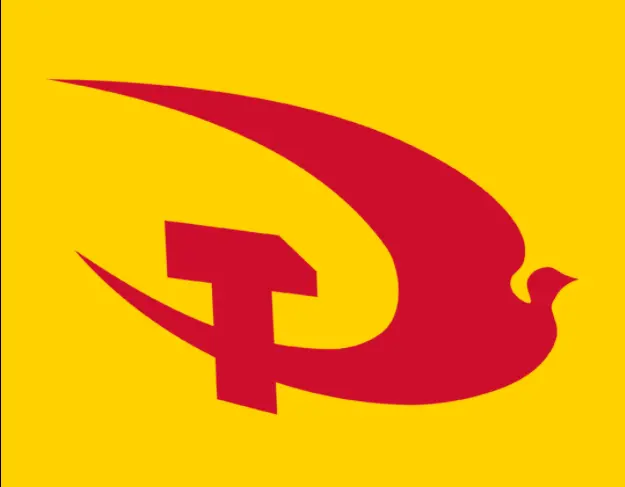In construction, logistics, care, agriculture, the cruise industry and also prostitution: In the rich European countries nothing with go without migrant workers. They are coming from poor EU-member states but also Russia, India and the Philippines.
Dr Werner Rügemer
Since its precursors in the Montanion of the 1950s, the European Union (EU) has organized the exploitation and disenfranchisement of dependent employees. The labour and social rights from the Universal Declaration of Human Rights and the conventions of the International Labor Organization ILO are mostly violated, suppressed. Above all, the EU has no collective labour rights. This is particularly evident in the case of the growing number of migrant workers. Resistance is widespread, but still small, and is also suppressed politically and in the media.
Germany - leading labour injustice state in the EU
With Agenda 2010, the Schröder/Fischer government of SPD and Greens (1998 - 2005) promoted the tax-favoured intrusion especially of the new, unregulated U.S. investors such as Blackstone, KKR, BlackRock, Vanguard - and at the same time the largest low-wage sector in the EU was created for them with the four Hartz labour laws. This included expanded temporary work, mini-jobs, temporary and part-time jobs, and the disciplining and impoverishment of the unemployed.
Successor governments under Chancellor Angela Merkel/CDU have tightened and expanded practices through 2021, and with the "eastward expansion" of the EU, the scope and diversity of migrant labour. It is mostly temporary and is also often performed semi-legally or illegally:
The German model was also adopted in other EU states via EU directives, for example in France, Italy, Spain and Belgium.

EU enlargement to the East: More and more migrant workers
With the "eastward expansion", the EU is organizing the subsidized settlement of branches and suppliers of western car, pharmaceutical and logistics corporations. Some of the local workers are employed at low wages. But overall, the Eastern European locations are being impoverished economically, with between15 and 30 per cent of the population emigrating permanently. Millions go for temporary migrant work to the rich founding states of Western Europe and Scandinavia.
In these practices, the EU also includes states that are not yet EU members as aspirants, such as the Balkan states of Serbia, northern Macedonia, Albania, Montenegro, Bosnia-Herzegovina and Kosovo, which was separated from Serbia in violation of international law.
Migrants also from outside the EU
But migrant workers are also being brought in from outside the EU:

Again, systemic rights violations are part of the equation:
The EU is not an entity based on the rule of law, quite apart from the fact that the directives and laws that apply, at least in theory, do not comply with the labour and social rights of the UN and the International Labor Organization (ILO).
Skilled workers also from India and Vietnam
For a long time now, internal EU migration has not been sufficient for companies, even in the case of skilled workers. Cheap labourers from third countries are also being recruited for higher-skilled jobs, for example in the digitalization of production and service. "In the international competition for the brightest minds, Europe is lagging," Brussels says.
That's why the EU has established the Blue Card, modelled on the U.S. Green Card. But while the U.S. issued about 140,000 green cards to migrant workers from India and Vietnam, among others, in 2019, the larger EU came up with only 19,000 new blue cards concerning also people from India. That's why in 2021, the European Parliament approved the European Commission's proposal: Acquisition will be made easier. For example, the minimum duration of employment contracts will be lowered from 12 to 6 months, a formal professional qualification will no longer be required, and pay can be even lower than before.

Multifaceted fragmentation of the working class
These legalized practices promote the internal fragmentation of the dependent working class: from the (still) well-paid native permanent employee down many levels to extremely precarious and also illegal migrant employees. And this open and latently conflict-ridden fragmentation is connected with the further increased income and wealth inequality in favour of the capitalist private owners - and this aliment a multiform, well-paid auxiliary personnel of the better and best earners, i.e. lawyers, management consultants, economic "auditors", PR agents, civil servants and entrepreneurially subsidized scientists. These have for their moral justification aggressive identitarian, extremely egoistic "values" (diversity, LGBT...).
Right-wing oligarchs have been and are being promoted in the EU and NATO Eastern enlargement, as is well known in Hungary, Poland, Croatia, Northern Macedonia, Kosovo, Baltic States, in favour of Western investors, who are favoured with subsidies, low wages, military bases and tolerated tax evasion.
This has essentially led to political frustration, even paralysis, among dependent employees and parts of the traditional middle classes and is responsible for the political right-wing development - incidentally, even into the membership of the established trade unions, which maintain their representation in Brussels and support the basic construction of labour relations that is contrary to human rights.
New forms of resistance
The recurrent strikes of doctors and nurses in Poland and Croatia, for example, are probably known to the EU bodies but are not officially heard. But for the development of new forms of resistance appropriate to current conditions, it is worthwhile to include the experiences of those unions that deviate from the mainstream on important issues.
These are, for example, the largest trade union in Switzerland, UNIA (founded in 2004), the Austrian Trade Union Federation ÖGB with the Trade Union Left Bloc (GLB), the International Transport Workers' Federation (ITF), in Germany the train drivers' union GDL and the internationalist activities at Amazon in Poland, supported by the German union Verdi, but also struggles sustained by Verdi in the state-owned but thoroughly privatized largest university hospital in Europe, the Berlin Charité.
A variety of approaches can be found in spontaneous strikes in Eastern and Southeastern European countries and the self-organization of bicycle couriers, plantation workers in Spain, women textile workers in Northern Macedonia and, last but not least, the "yellow vests" in France, which are networked with trade unions and left-wing parties.
The democratic and socialist forces are in a new phase of defensive in the EU. Clever and far-sighted reconstruction work is needed.
For detailed information on the situation of dependent employees in the EU, see Werner Rügemer: Imperium EU - Labor Injustice, Crisis, New Resistances, tradition 2021, 286 pages (Hardcover, Paperback, eBook), with 12 country portraits on labour injustice and forms of resistance.
